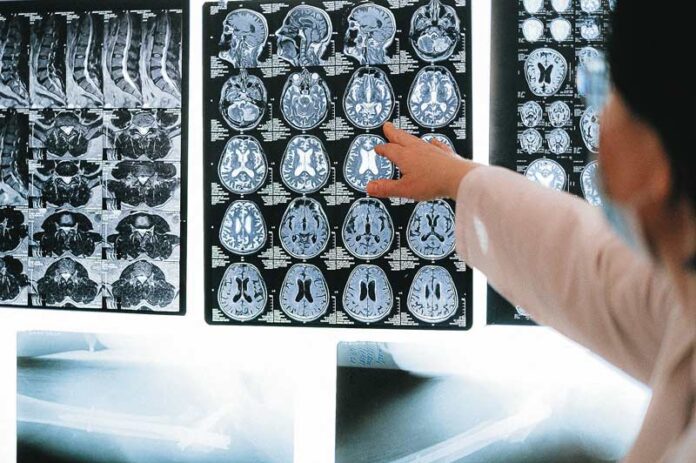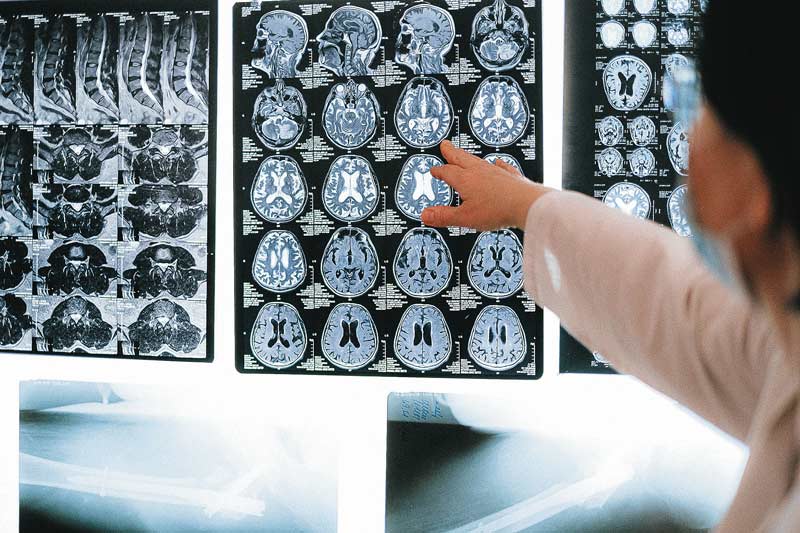
Investigating brain activity effects of psychedelic medicine
A forthcoming clinical trial will measure the effectiveness of psychedelic medicines used in assisted psychotherapy to treat depression and post-traumatic stress disorder (PTSD) in a medically controlled environment.
According to the Productivity Commission, one in five Australians had a mental illness before the pandemic. one in eight Australians (including one in four older people) were on antidepressants, an increase of 95 percent over 15 years. These figures are expected to be significantly worse today.
Mind Medicine Australia (MMA) is part-funding a clinical trial, which has recently received Human Research Ethics approval, to study brain activity after taking psychedelic medicines. One arm of the study will involve exposure to a single medical dose of 3,4 methylenedioxymethamphetamine (MDMA) and the other will involve exposure to a single medical dose of psilocybin.
According to Professor Paul Fitzgerald, one of the trial’s lead investigators, “The results of this study will inform us as to whether these substances have an effect on brain activity related to cognitive and emotional processes which continues after the medicine session and may also provide information that can help explain how these substances have their clinical effects”.
The clinical trial is expected to commence this year with up to 200 participants who will experience the medicines in small groups supported by therapists and a medical practitioner. The trial is sponsored by Monarch Mental Health.
The executive director of MMA, Ms Tania de Jong AM, said, “There is a desperate need for innovation in the mental health sector and these treatments have achieved outstanding results in overseas trials after just two to three sessions in combination with a short course of psychotherapy. We now have the potential to help people suffering from major classes of mental illness such as depression, post- traumatic stress disorder and potentially anorexia and other eating disorders, OCD, dementia and a range of addictions.”






